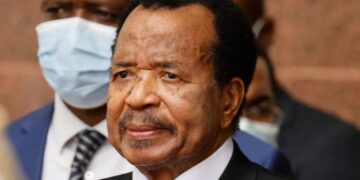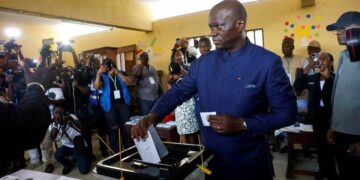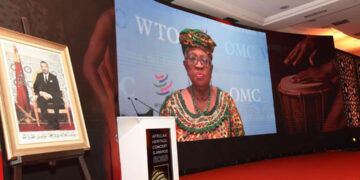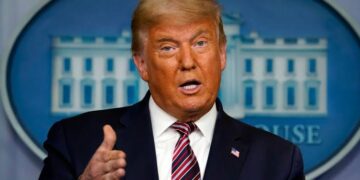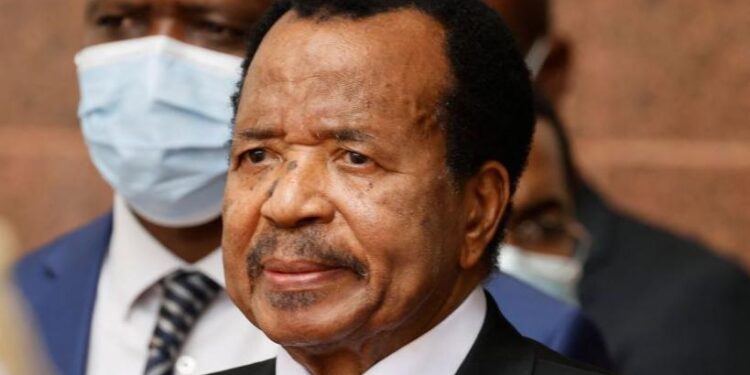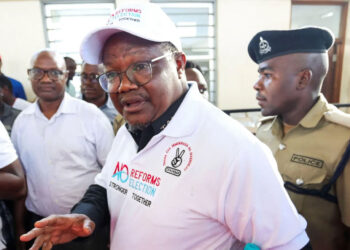As Cameroon’s President Paul Biya turns 92 on Thursday, he remains the world’s longest-serving head of state, having held power for over 40 years.
His future, however, remains uncertain as he stays tight-lipped on whether he will run for an eighth term in the upcoming elections.
Despite his silence, it’s widely believed, including by opposition factions, that Biya will once again seek re-election in October.
The 2018 elections which were marred by controversy, only solidified Biya’s autocratic grip. His administration has been accused of repressing dissent, imprisoning opponents, and silencing critics.
The government, however, insists that Biya will announce his candidacy at the “appropriate time,” with Communication Minister Rene Emmanuel Sadi making the statement last month.
The issue of succession remains a taboo topic, as Biya has refrained from naming a successor, fueling speculation about his continued rule.
Health concerns have clouded the president’s public appearances, especially after his unexplained absence last year, with rumors swirling about his condition.
Officials confirmed Biya had been in Switzerland, where he frequently vacations, though the government banned local media from reporting on his health.
Since his return in October last year, his public appearances have been sparse, limited to a few official photos and speeches broadcast on television.
Support for Biya from various segments of society persists, with traditional leaders expressing “unwavering” support and online posts affirming his strength despite his age. Yet beneath this public backing, there are growing frustrations. Political and economic instability, corruption, and the ongoing violence in certain regions are triggering increasing discontent.
The north of Cameroon remains under threat from Boko Haram, while armed separatists in the west continue their insurgency, with the government’s heavy-handed response worsening the situation.
The country’s Catholic bishops recently voiced concerns over the widespread poverty and the degradation of the nation, calling the people’s growing anxieties “cries of distress.”
Despite these challenges, Biya continues to praise the “tremendous progress” under his leadership, urging youth to reject the “sirens of chaos” from his critics.
As his seventh term approaches its end, the question looms: Will the world’s oldest head of state continue to reign, or will this year bring change?
